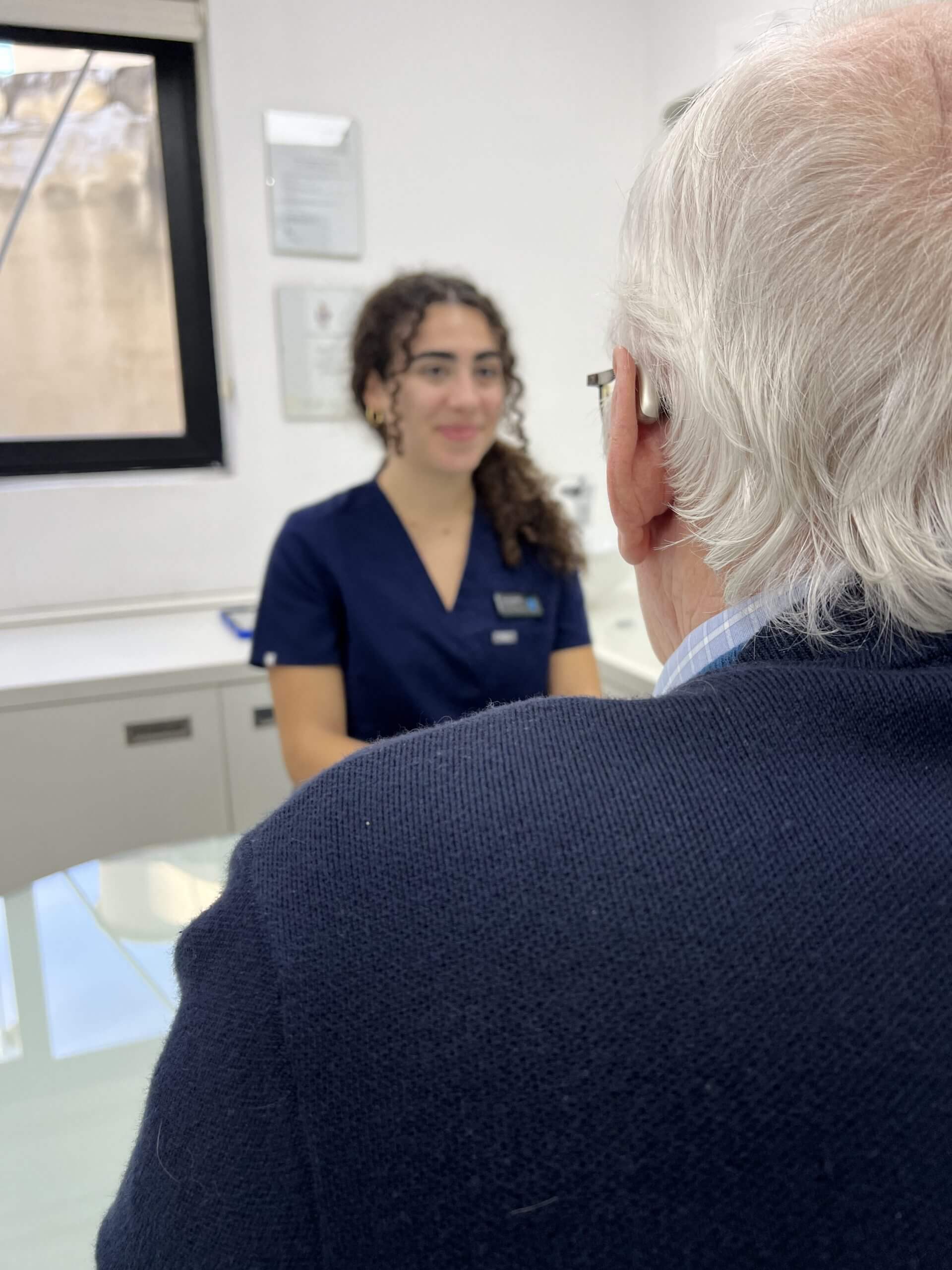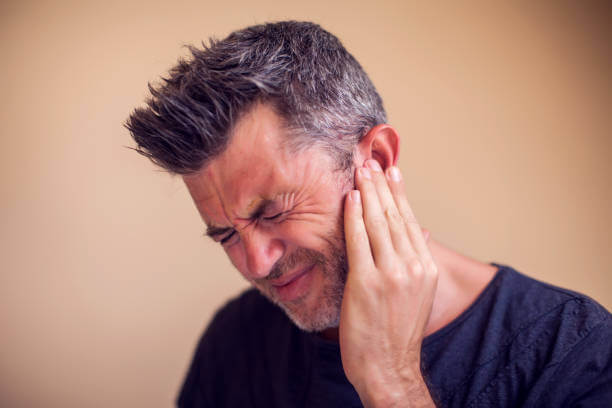
How to address your hearing loss
On average, it takes a person around 10 years to finally accept a hearing loss. That is not to say
Glue ear occurs when the Eustachian tube becomes blocked. The Eustachian tube is the narrow tube that connects the middle ear to the back of the nose. It can become blocked due to infection or allergies because of a build-up of fluid. This can make it difficult for sound waves to pass through the ear canal. In turn, this prevents the ear drum and the bones in the middle ear from vibrating properly. It is most common in children but can also occur in adults.

An individual suffering with glue ear
There are lots of symptoms but these are the most common:
It is not known what the exact cause is, but it often occurs alongside an ear infection in the middle ear. Interestingly, it is more prevalent in the winter months. Some other possible causes include the following:

Protect your ears in the winter months to limit your chance of infection
Most of the time, it will get better by itself with no treatment. Obviously, if the symptoms persist then you will need to visit your GP. There is currently no evidence to suggest that specific antihistamines or decongestants that can be purchased over the counter will help.
In more serious cases, there is also a surgical solution. This involves having grommets fitted into the ear drum. Grommits are plastic tubes which help drain fluid from the middle ear. If the problem persists, it may be suggested that you have adenoid removal.
Generally, glue ear isn’t something to worry about and will go by itself. If you feel it is not getting any better and your hearing is becoming affected, it’s important you visit your GP to ensure you are not left with any lasting damage.
If you ever have any queries about your hearing healthcare, feel free to get in touch and we will always try to help.

On average, it takes a person around 10 years to finally accept a hearing loss. That is not to say

Living with a hearing loss does not just have to be a part of getting older. It can be treated

At the very end of 2024, Phonak released their brand new Infinio hearing aid technology. At the end of 2025,